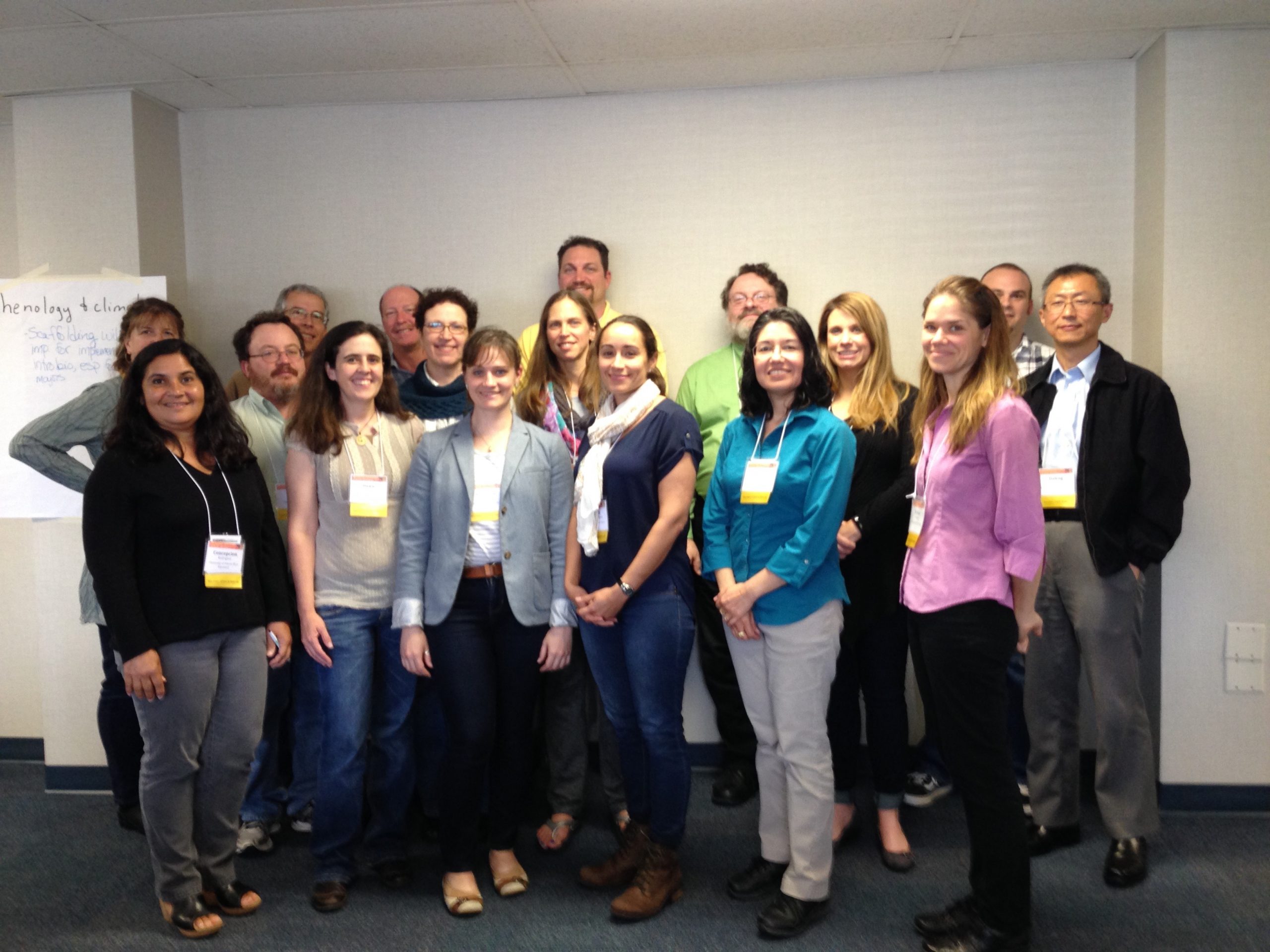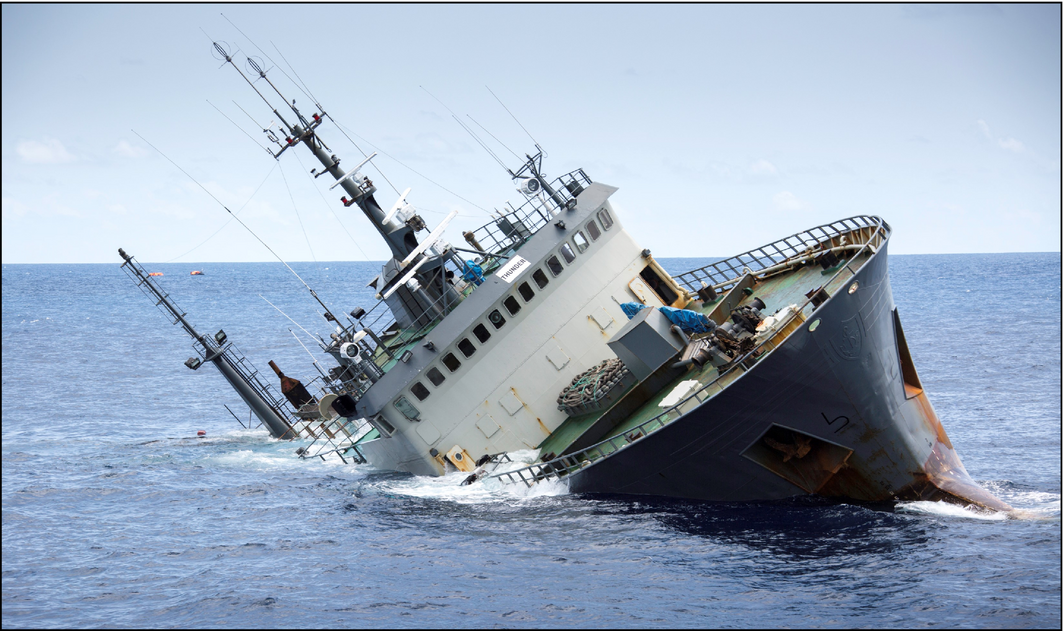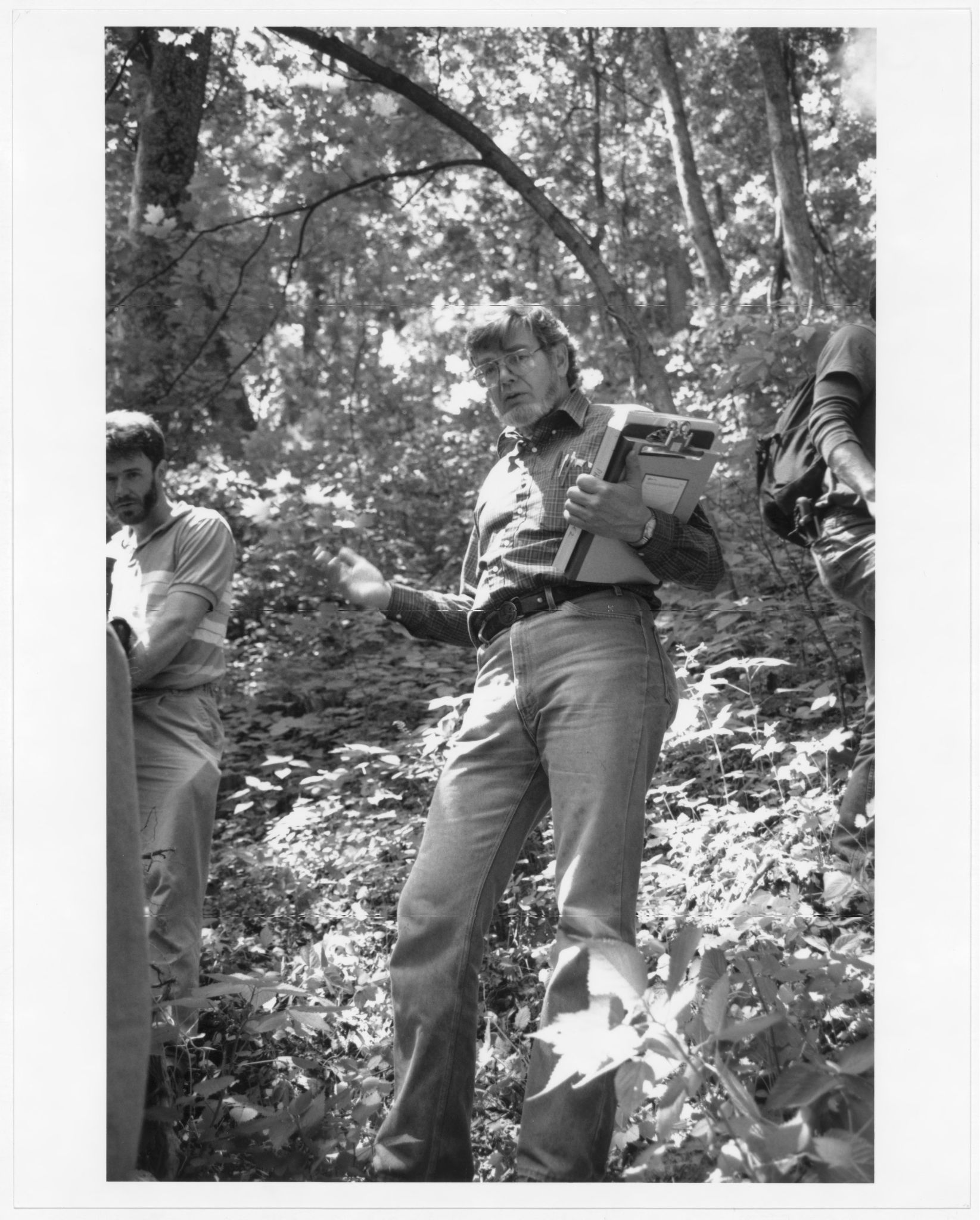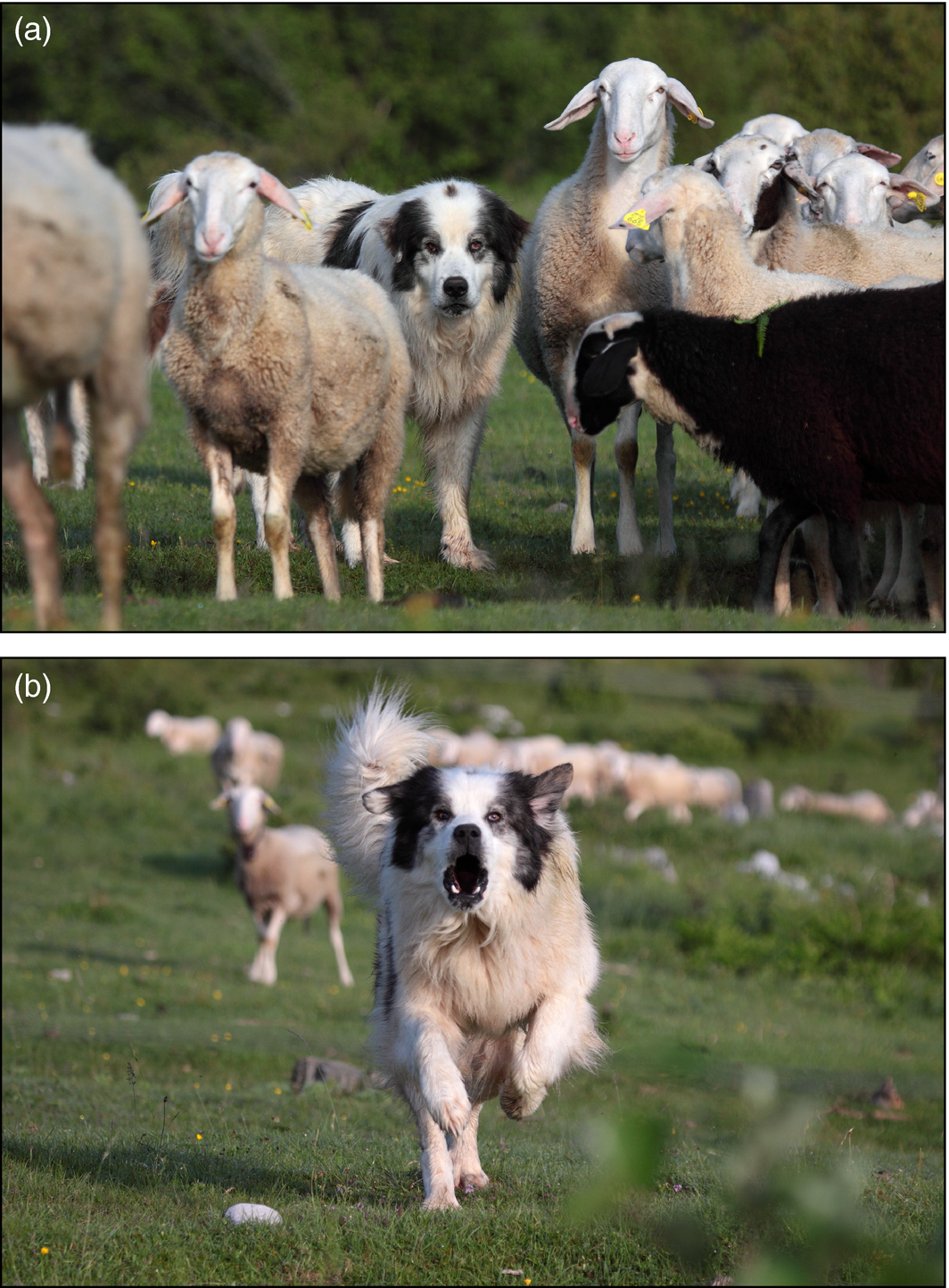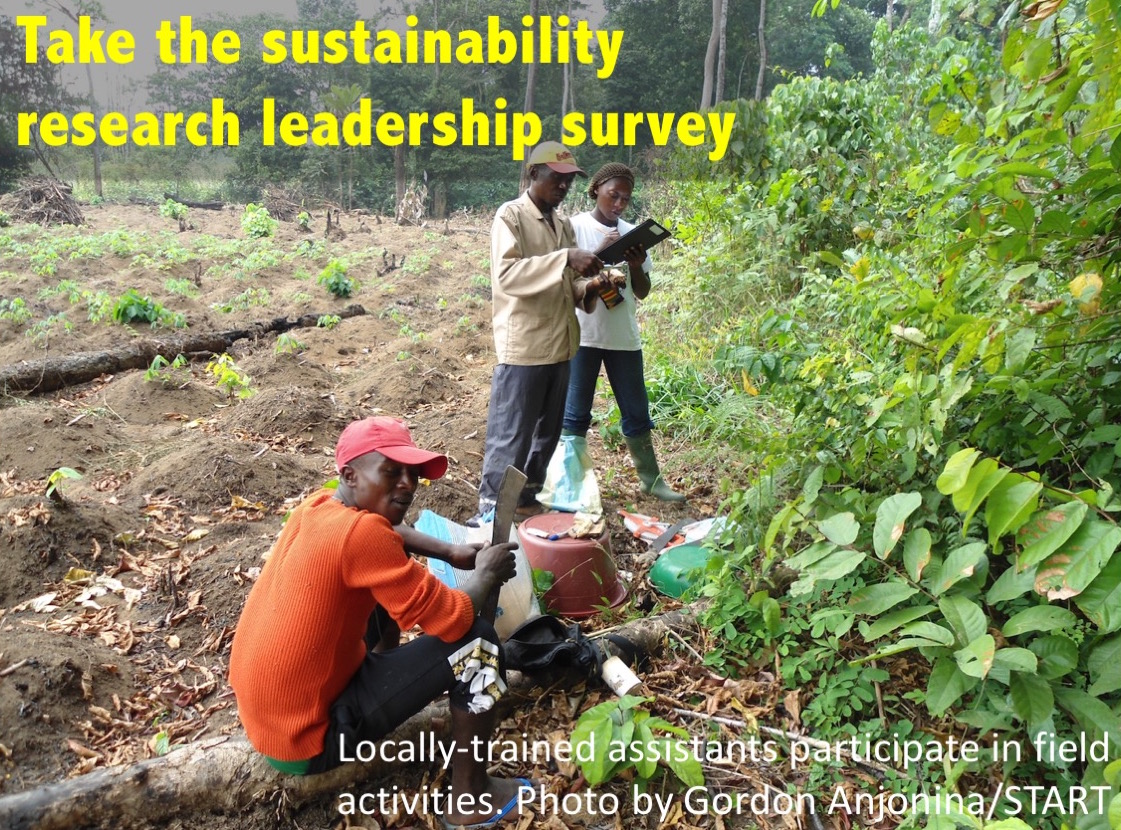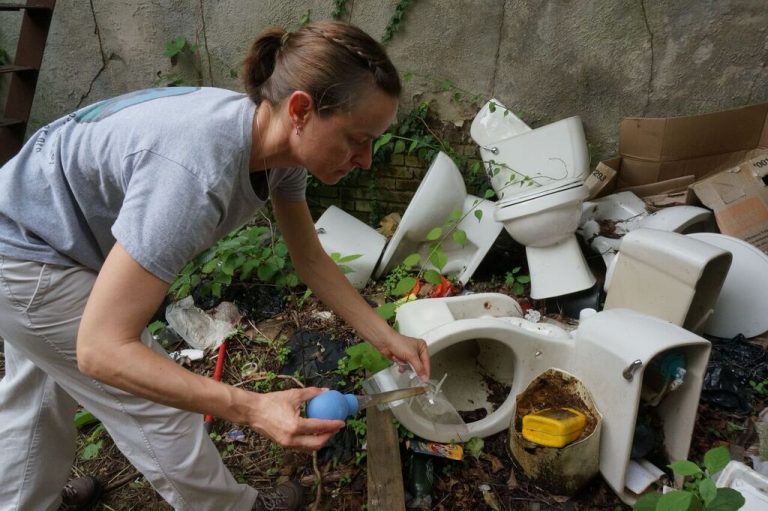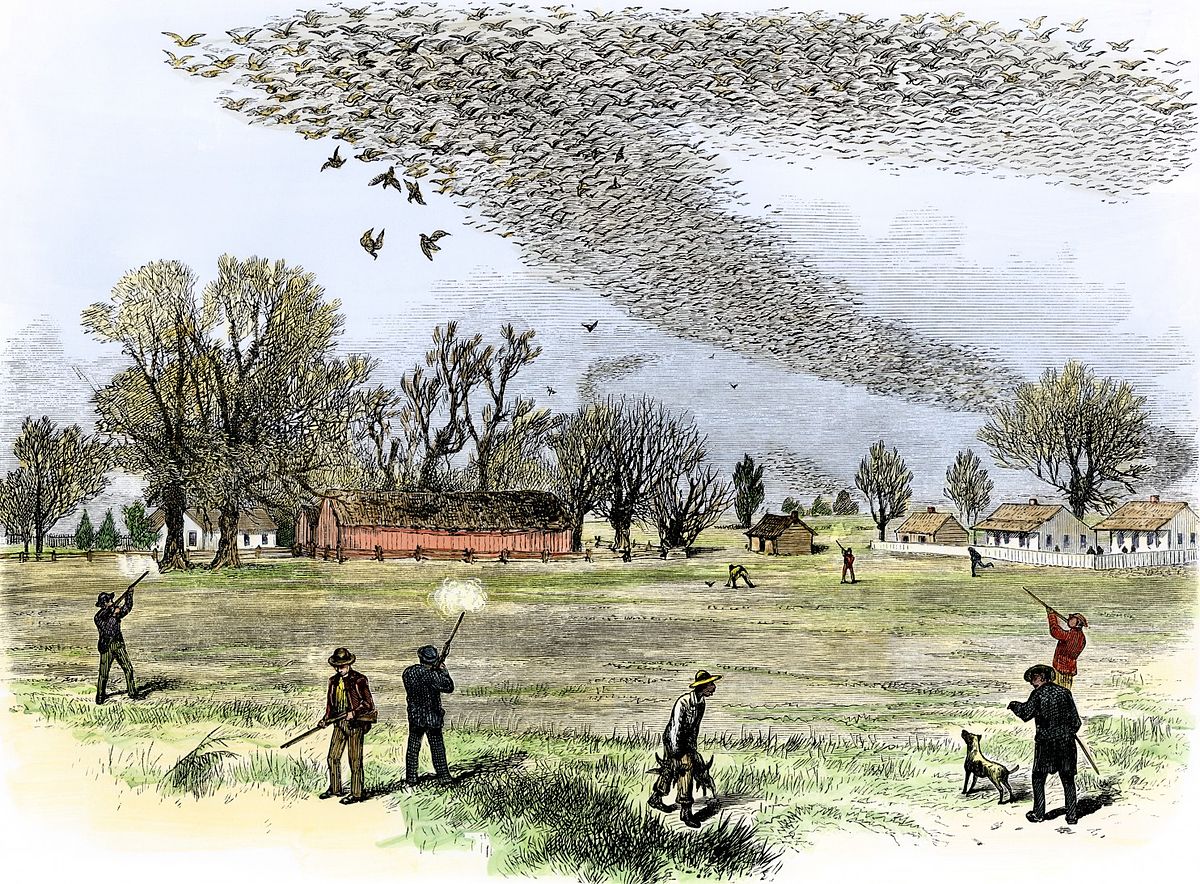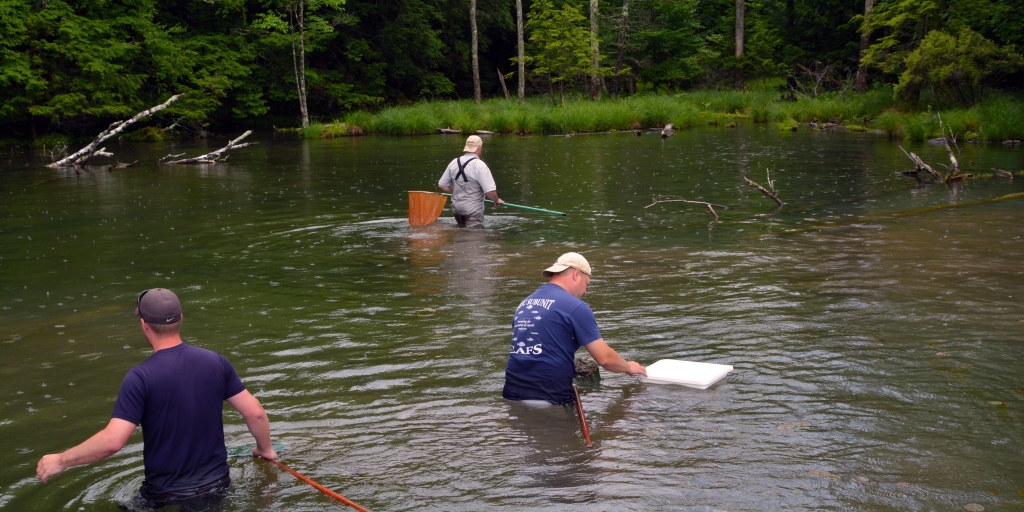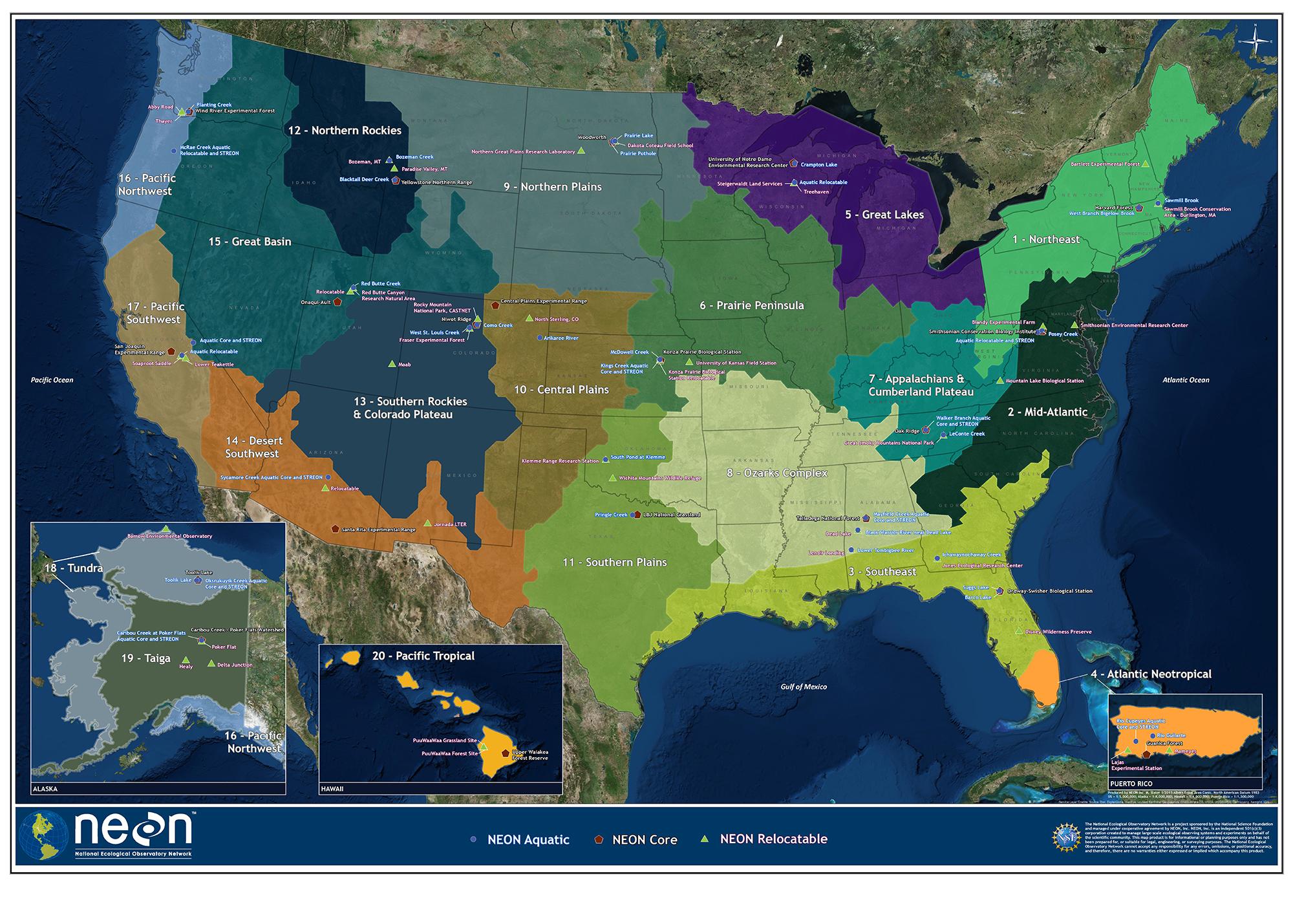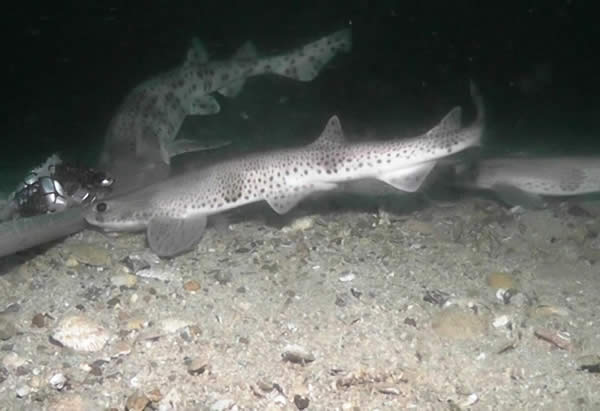
Getting the picture – cameras, marine biodiversity and human impact
By Anthony Bicknell, Associate Research Fellow at the Environment and Sustainability Institute, University of Exeter, UK. We have all been captivated by the television wildlife documentaries that provide breath-taking video images of the previously unseen marine world. Although these may rely on the expertise of an experienced camera operator, camera technology has advanced to such an extent over recent years…
